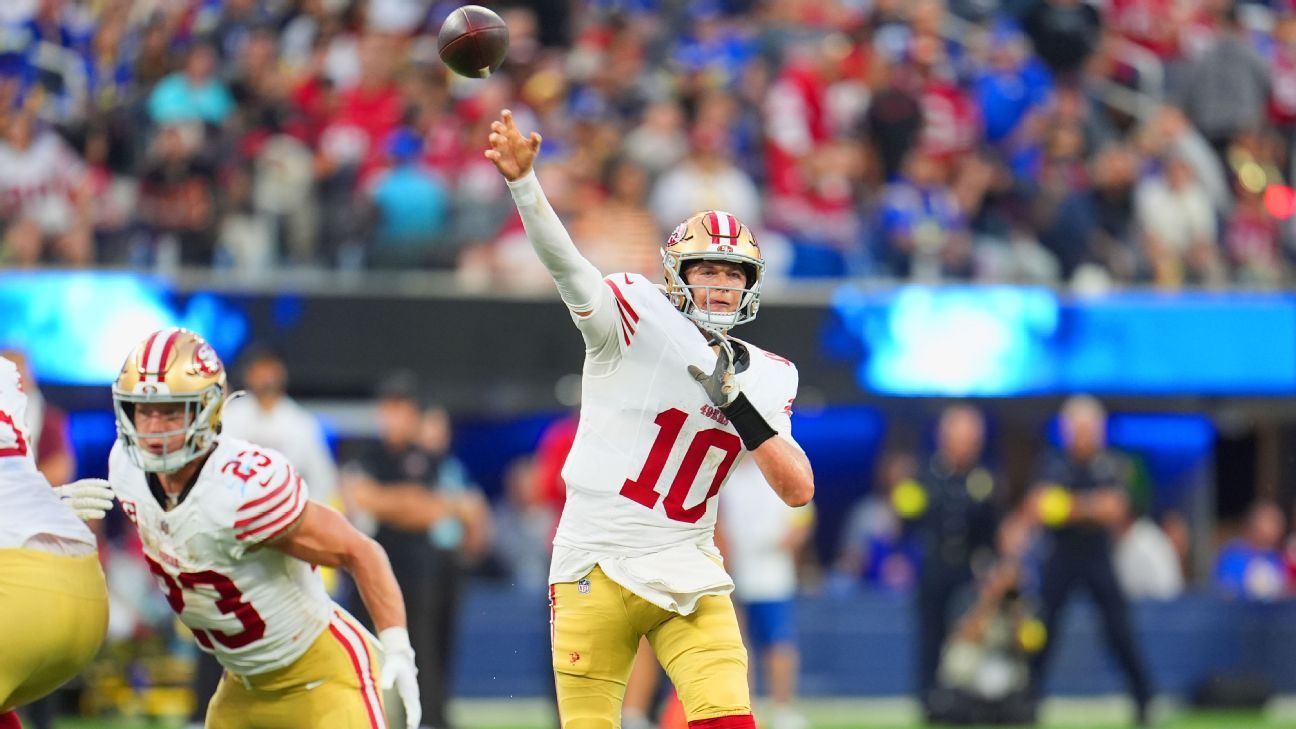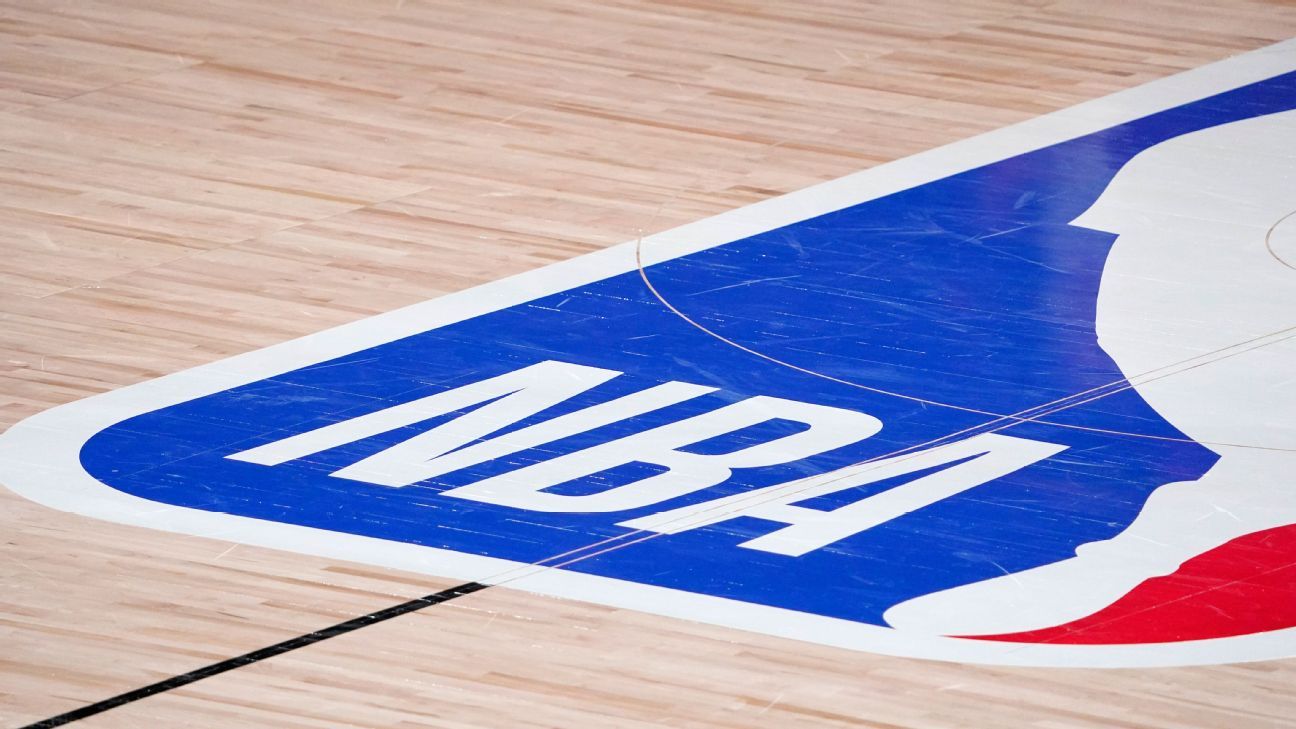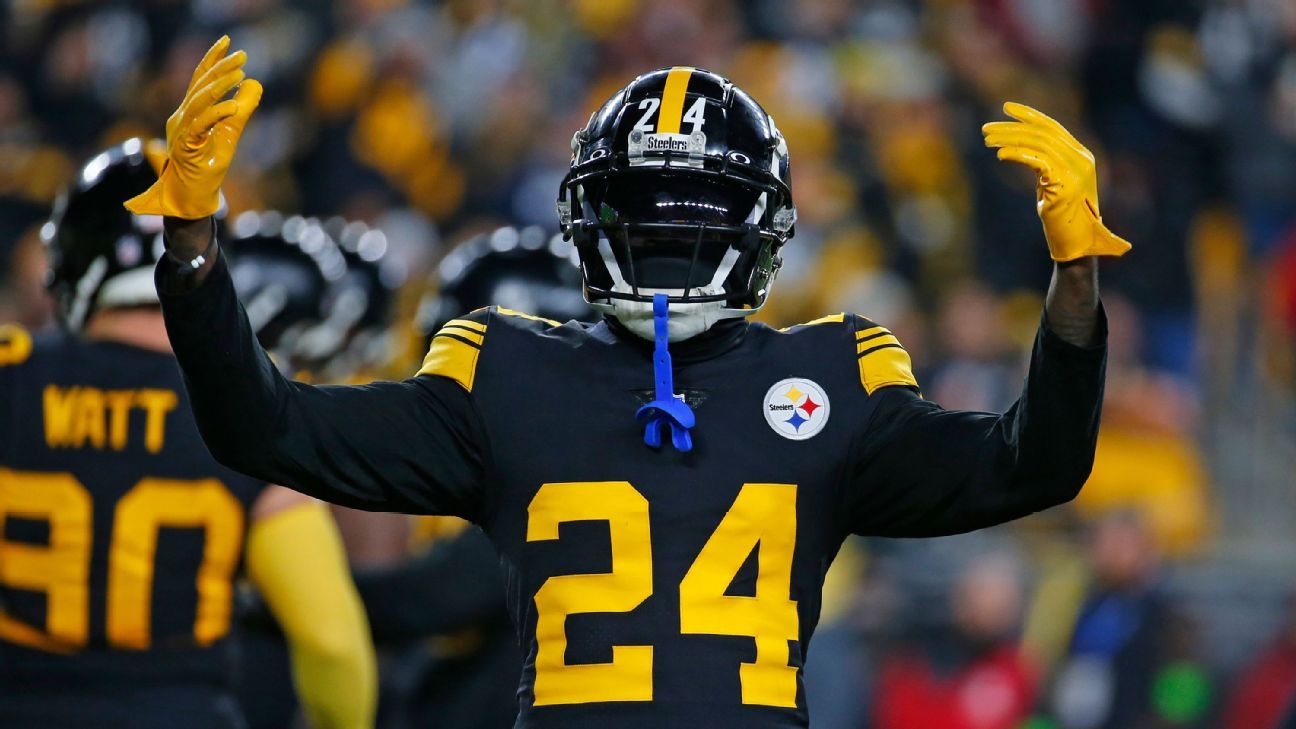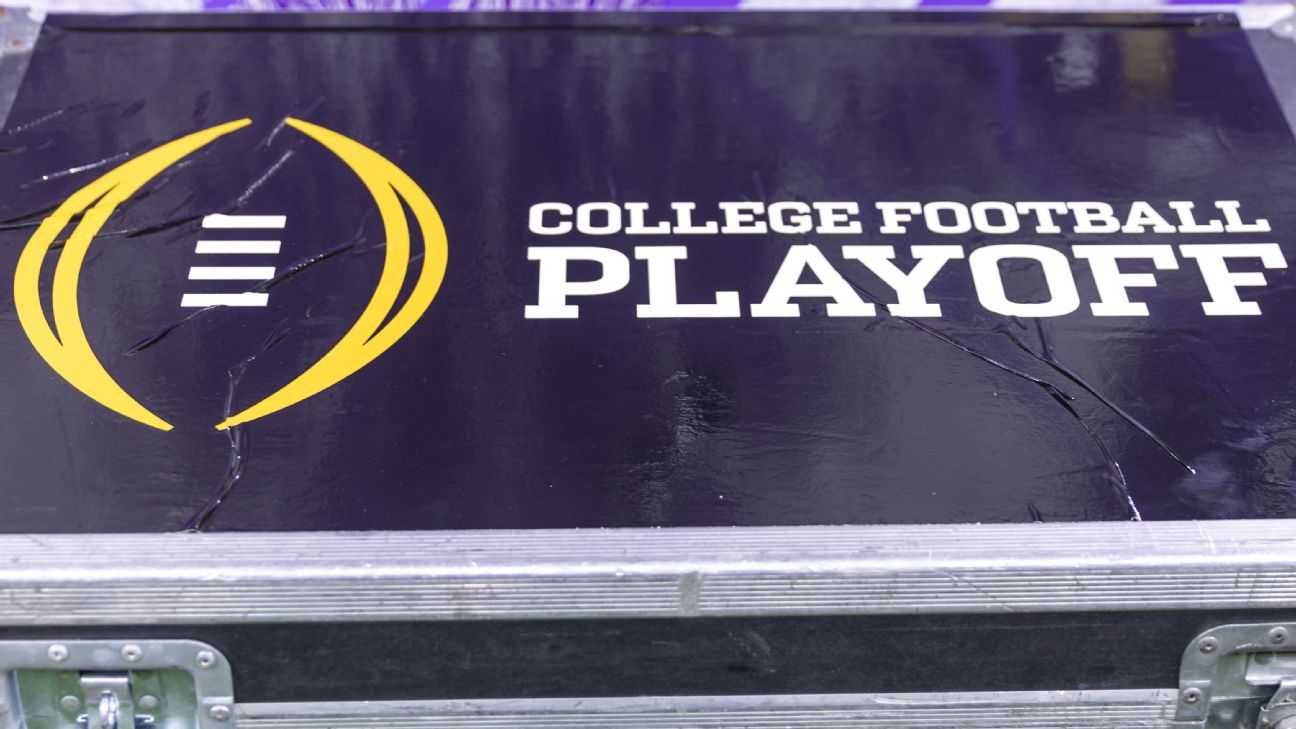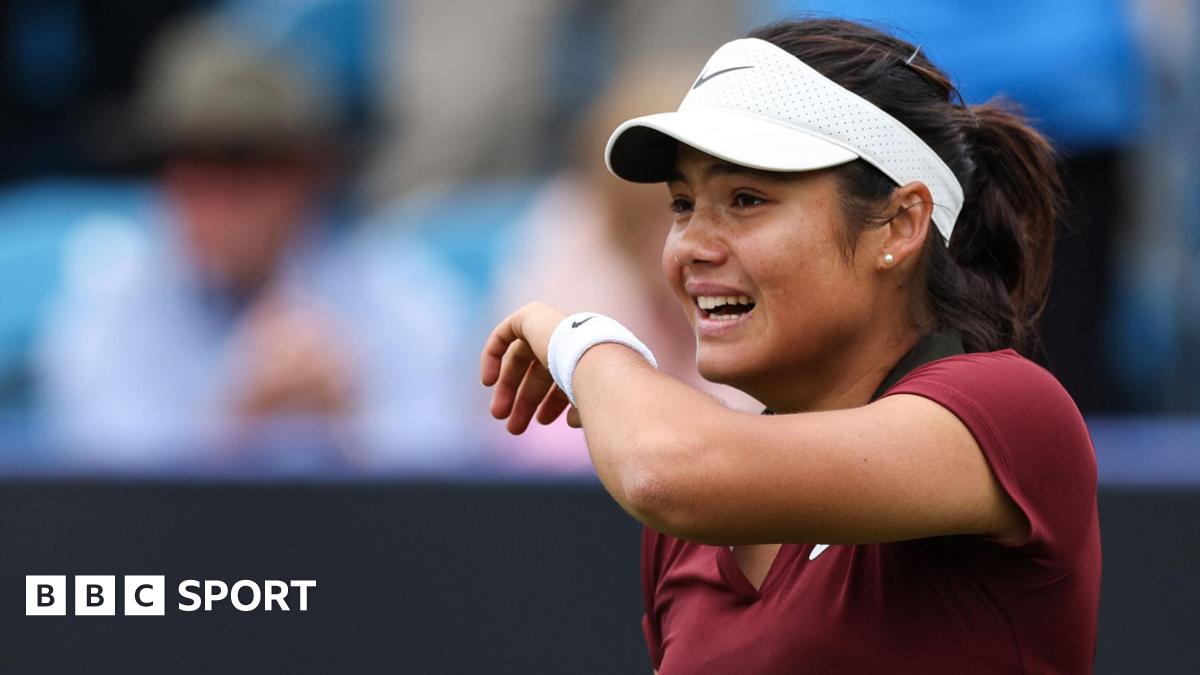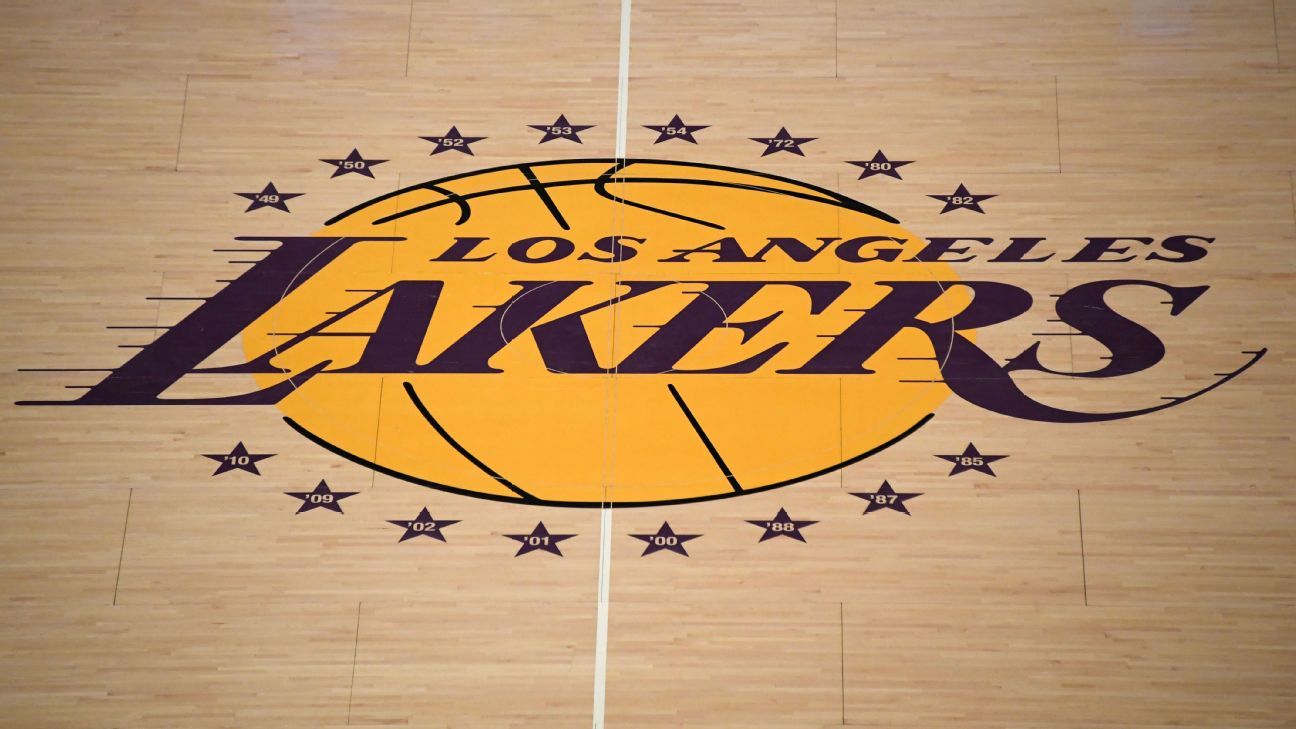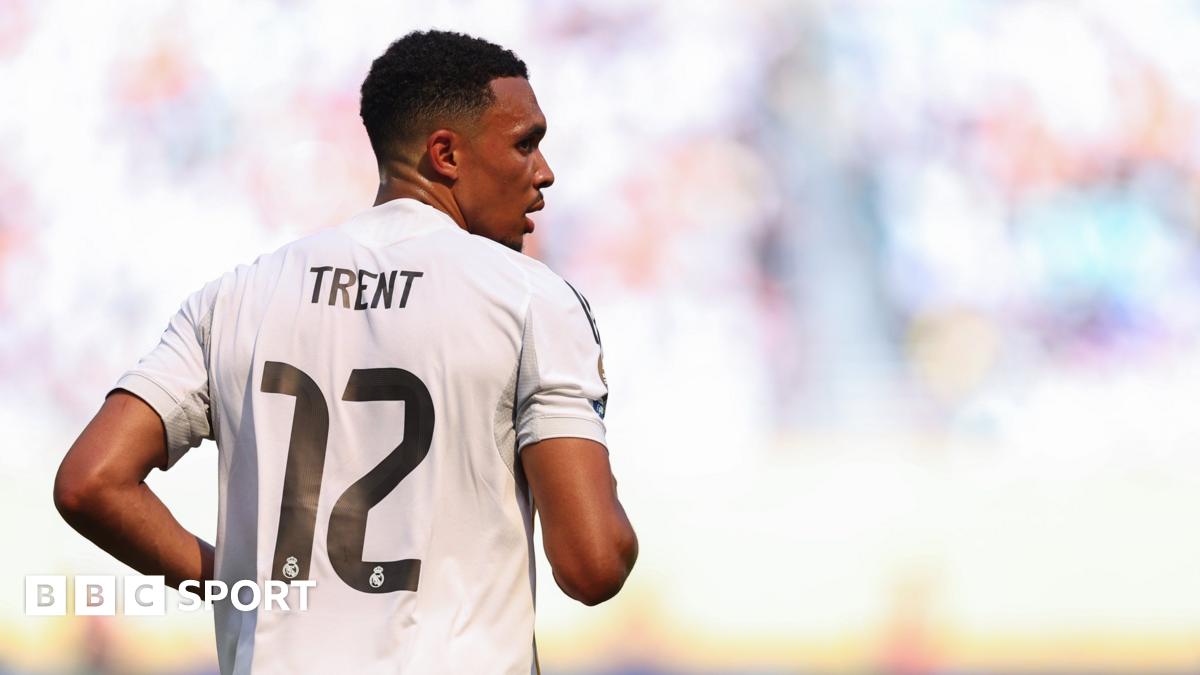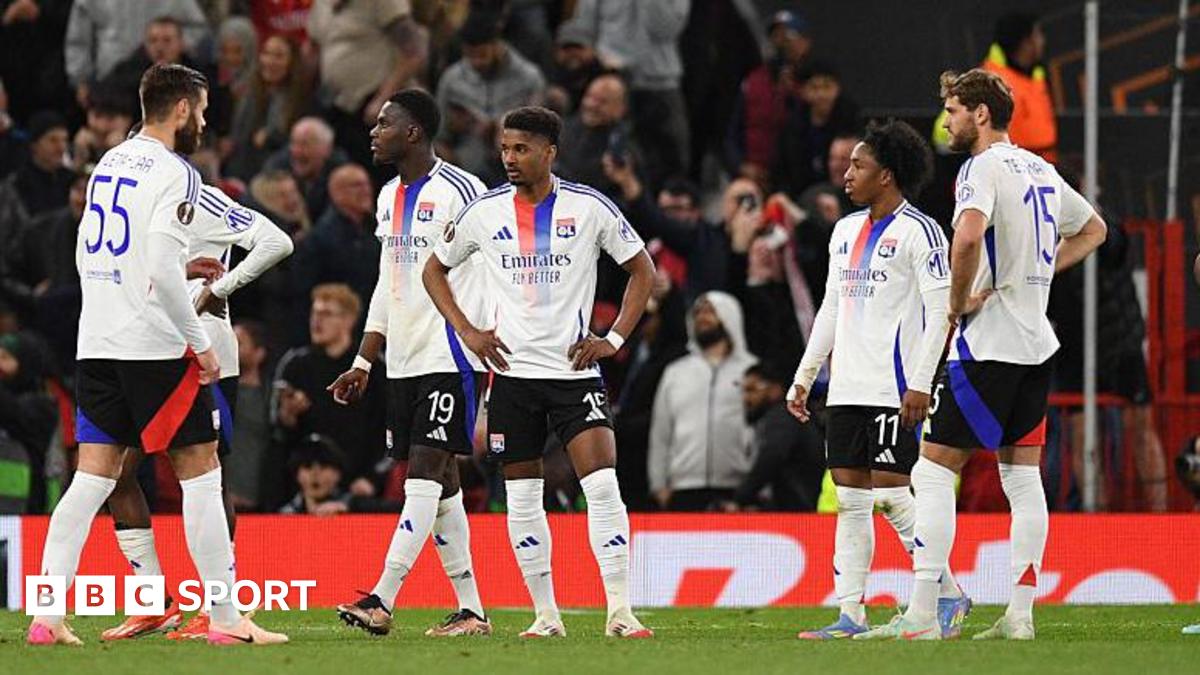
Ryan O'HanlonJul 4, 2025, 07:47 AM ET
- Ryan O'Hanlon is a staff writer for ESPN.com. He's also the author of "Net Gains: Inside the Beautiful Game's Analytics Revolution."
Think back to a little over a month ago. Before the ChatGPT screenshots. Before the feuds. Before the say-it-to-my-face provocations. Before U.S. manager Mauricio Pochettino told us, "I am not a mannequin." Before Christian Pulisic played golf at the wrong time. Before the embarrassing loss to Switzerland.
Now that you've occupied that headspace, imagine if I told you that the U.S. men's national team would go undefeated through the first five games of the Gold Cup. The USMNT would get a pair of breakout performances from Diego Luna and Malik Tillman. And would get a date in the final against Mexico.
You'd be pretty happy with that, wouldn't you?
And by and large, many USMNT fans and watchers are pretty happy. The team hasn't lost yet. It has overcome some adversity. Luna has become a cult hero. And Tillman is about to join Bayer Leverkusen for a transfer fee of around $40 million. Given that most of the team's first-choice players are not on the roster, it has been a successful summer.
There's one thing missing -- from this summer and the Pochettino era, at large: The team hasn't played a good game yet.
It has been 15 matches since Pochettino took over, and we still haven't seen the USMNT outplay decent, competitive opposition in a systematic, repeatable way. The U.S. has taken advantage of mistakes against bad teams, struggled to score against defensive sides, fallen apart against talented opponents and hung on against national teams that might not qualify for the next World Cup.
Sunday's final -- against Mexico, in front of what could be a partisan Mexico crowd at Houston's NRG Stadium -- will be the toughest game of Pochettino's fledgling tenure. It'll be the final time the U.S. plays a competitive match before the World Cup. It'll also be Pochettino's last chance to show that his team might be headed in the right direction.
How does Pochettino stack up with his USMNT predecessors?
Since 2013, the USMNT has played 60 tournament games in Concacaf across the Nations League and Gold Cup. This isn't a perfect baseline, given the drastically different opponent quality game to game, but it's a nice way of presenting the average expectation for a Gold Cup or Nations League match.
In these games, per Stats Perform data, the USMNT averages:
• 2.4 non-penalty goals scored
• 0.6 goals against
• 14.7 shots
• 9.6 shots against
• 61.6% of all final-third possession
• 28.9 touches in the penalty area
• 14.6 touches allowed in the penalty area
None of that should be surprising. The U.S. has basically doubled up its opponent in most of the top-level attacking statistics: goals, final-third possession and penalty-area touches. This is expected from a country that has been one of the two dominant powers in the region over the past 30 years.
Here, though, are the same numbers for the USMNT in Pochettino's nine games in charge across the two competitions:
• 2.0 non-penalty goals scored
• 0.9 goals against
• 12.6 shots
• 8.0 shots against
• 63.7% of all final-third possession
• 24.7 touches in the penalty area
• 15.1 touches allowed in the penalty area
This, roughly, paints the tactical picture of the USMNT under Pochettino, thus far. The team is controlling more of the territory than the USMNT had in the past, but that's not leading to better outcomes or outputs. The U.S. is generating fewer goals, shots and penalty-area touches from the increased final-third dominance, but it is also allowing more penalty-area touches and goals despite the final-third dominance.
Of course, some of that could be randomness. Perhaps this newfound level of territorial control is creating a more sound process -- but the bounces just aren't going the USMNT's way. That's possible across a nine-match sample. But that hasn't been the case.
Across the same 60-match span of games, the USMNT has created 2.0 non-penalty expected goals per game and allowed 0.7. Under Pochettino, the defense has been right at that 0.7 average, but the offensive production has dipped to 1.5 xG created per game.
This happened in each of the USMNT's past two matches. Against Costa Rica, the only chance the U.S. created worth more than 0.15 xG was Malik Tillman's missed penalty. The totals below include the penalties for each team, but even with a lopsided shot count in the USMNT's favor, the overall chance quality was roughly even. This game went to a penalty kick shootout, and deservedly so.
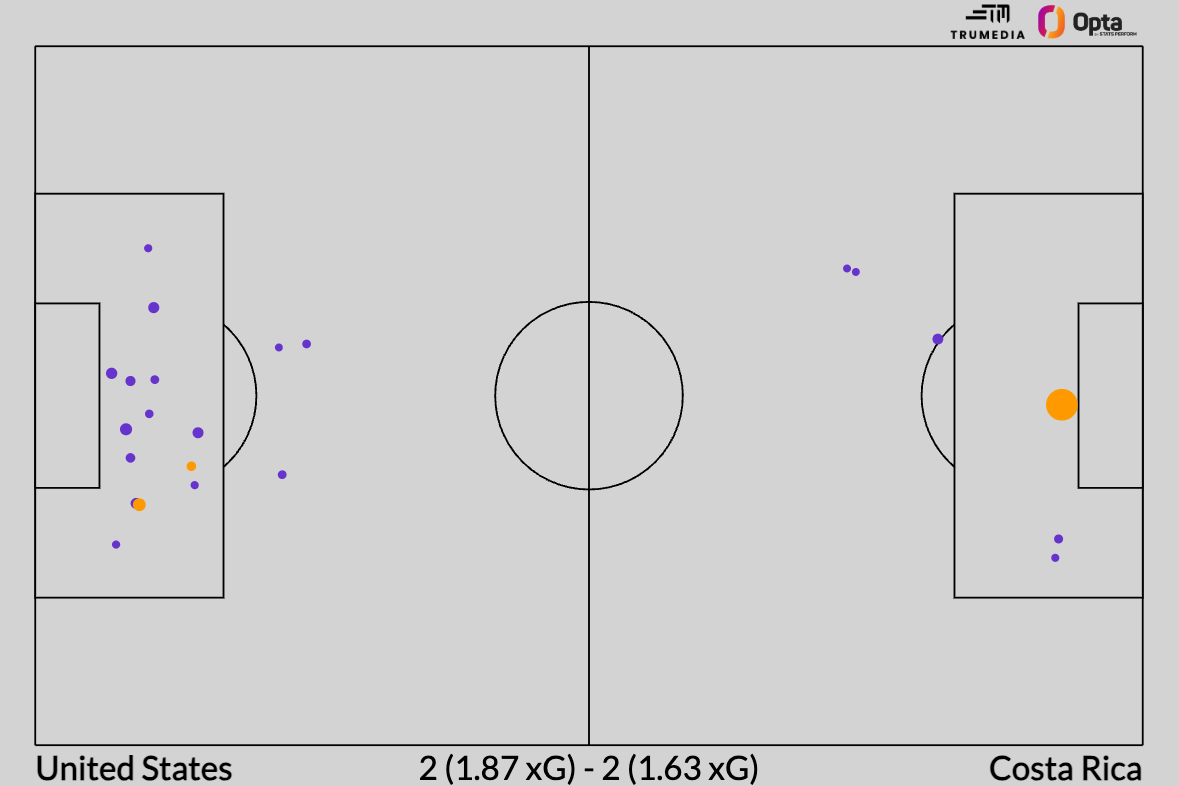
Orange dots are goals, purple dots are shots, and the bigger dots mean higher xG per attempt.
Then, after grabbing an early 2-0 lead in the semifinals, the U.S. hung on. Conceding 20 shots to Argentina or Spain is one thing, but this was against Guatemala.
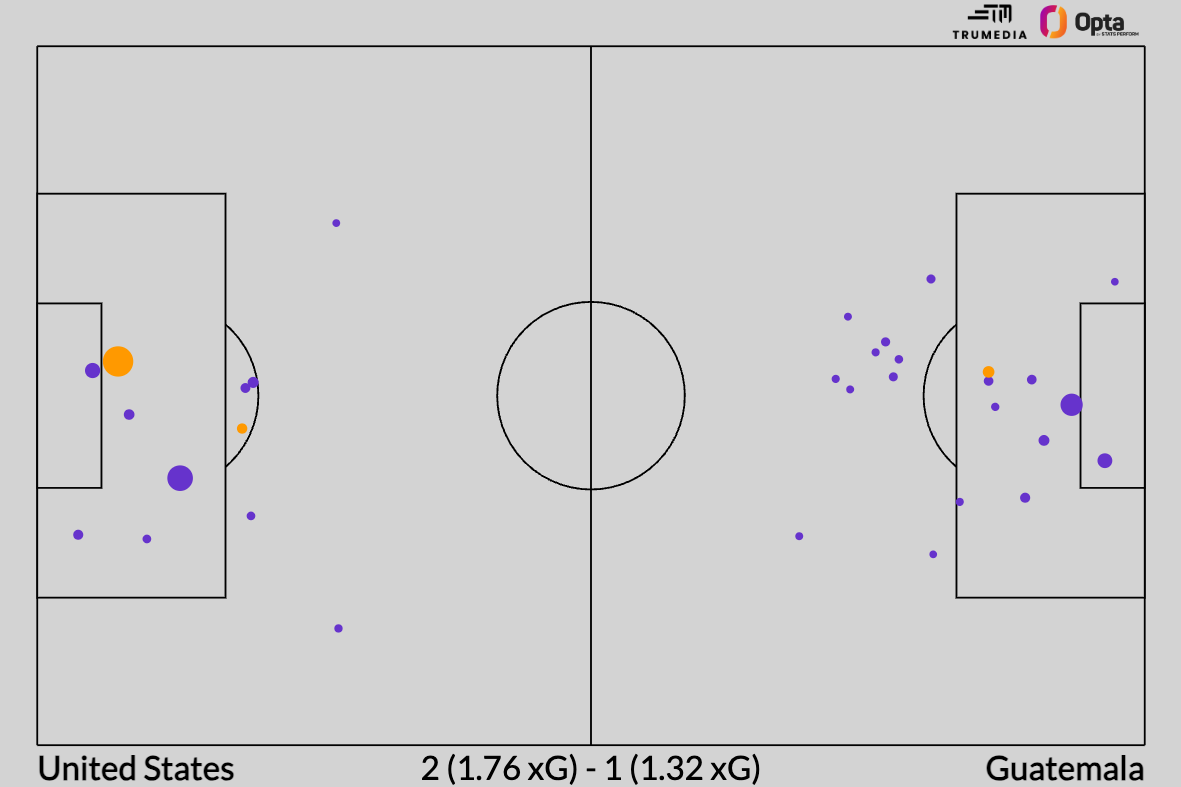
Transfermarkt estimates the transfer value of Guatemala's Gold Cup squad to be one-fifth of what Bayer Leverkusen will pay to acquire Tillman. Put another way, the average player on the USMNT squad this summer carries an estimated transfer value of about €7 million. Added together, Guatemala's entire squad comes out to €8.3 million.
Why the Gold Cup final against Mexico means everything, and nothing
I'm not sure you need advanced stats to understand this. Across two matches against Costa Rica and Guatemala, the USMNT scored four goals and conceded three. Costa Rica ranks 46th in the World Football Elo ratings, while Guatemala ranks 75th. Even with a U.S. B-team, you'd expect some more comfortable results.
Mexico, meanwhile, is 22nd. So, Sunday's match presents a first and last for Pochettino: the last chance to win something before the World Cup, but the first time he has coached the team in a game it is not expected to win.
Due to the USMNT's depleted roster and what's expected to be a pro-Mexican crowd in Texas, El Tri are very slight favorites. Per the implied odds from ESPN BET, Mexico has a 52% chance of lifting the trophy.
Strangely, it feels like everything and nothing hinges on Sunday's game.
Nothing matters because this isn't the team Pochettino will take to the World Cup. Plus, a lot can and will change between now and next summer -- and most of it will have nothing to do with decisions made by anyone in a U.S. Soccer shirt, either.
But there are so few games in international soccer that we have no choice but to give each game an outsized amount of weight. Every successive match is another bit of imperfect information about the quality of the team.
That's how a rating system will view it, too. Per the Elo ratings, the USMNT had a rating of 1738 and a ranking of 37th when Pochettino took over. Currently, it has a rating of 1727 and a ranking of 40. Teams win and lose points every time they play a game, based on the result, quality of the opponent and level of the competition.
So, if the USMNT wins Sunday, it'll make progress under its new coach. If the team loses, it'll take a step backward. And if the match ends in a draw (and goes to penalties), the U.S. will stay where it is now: not significantly better or worse than where it was before.


